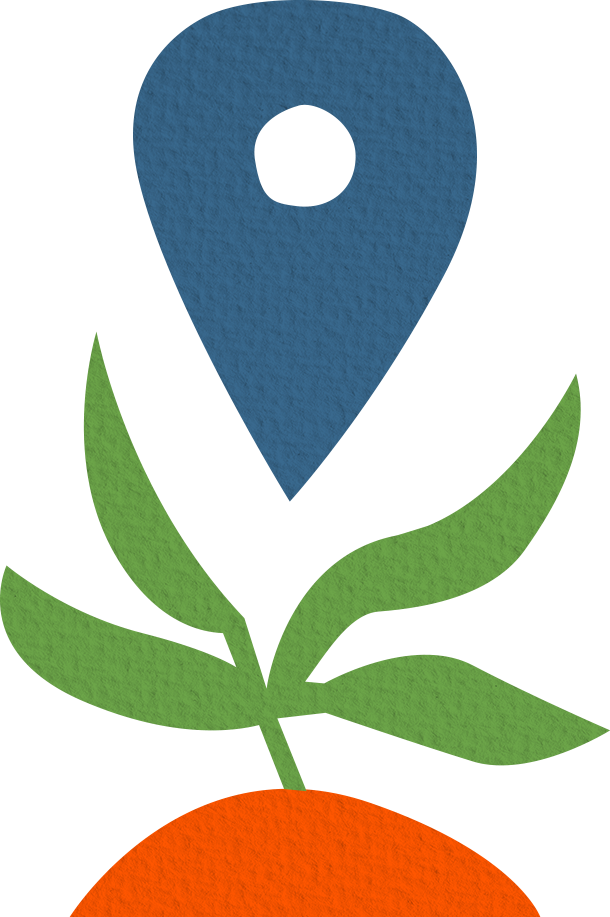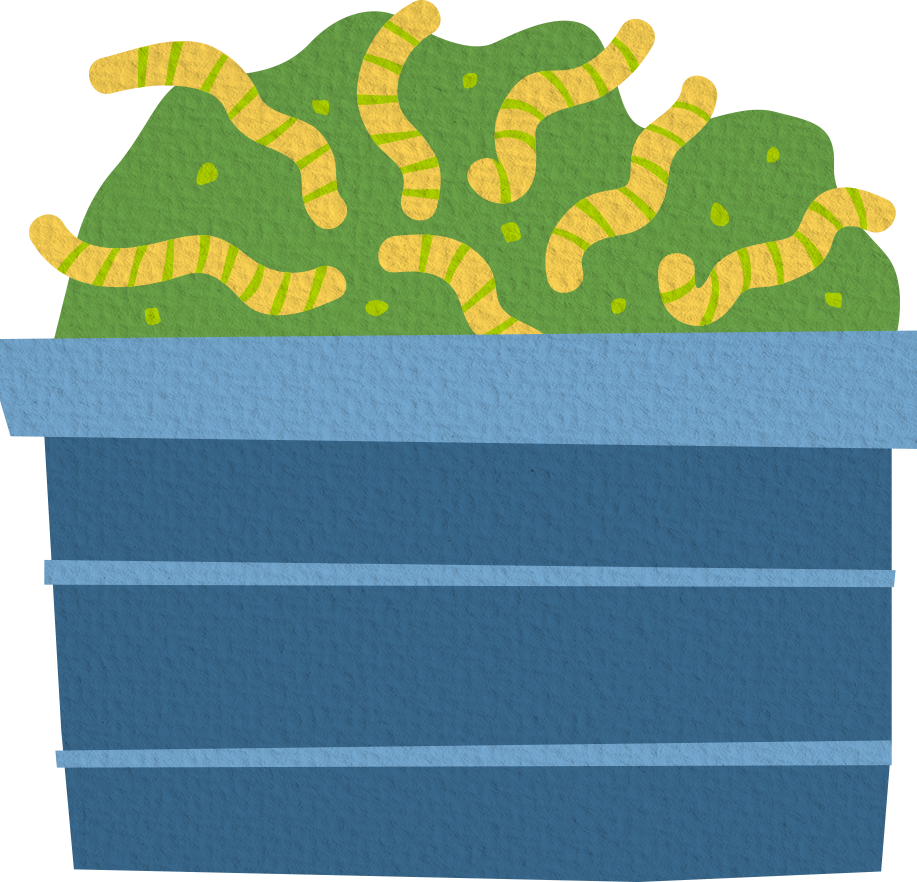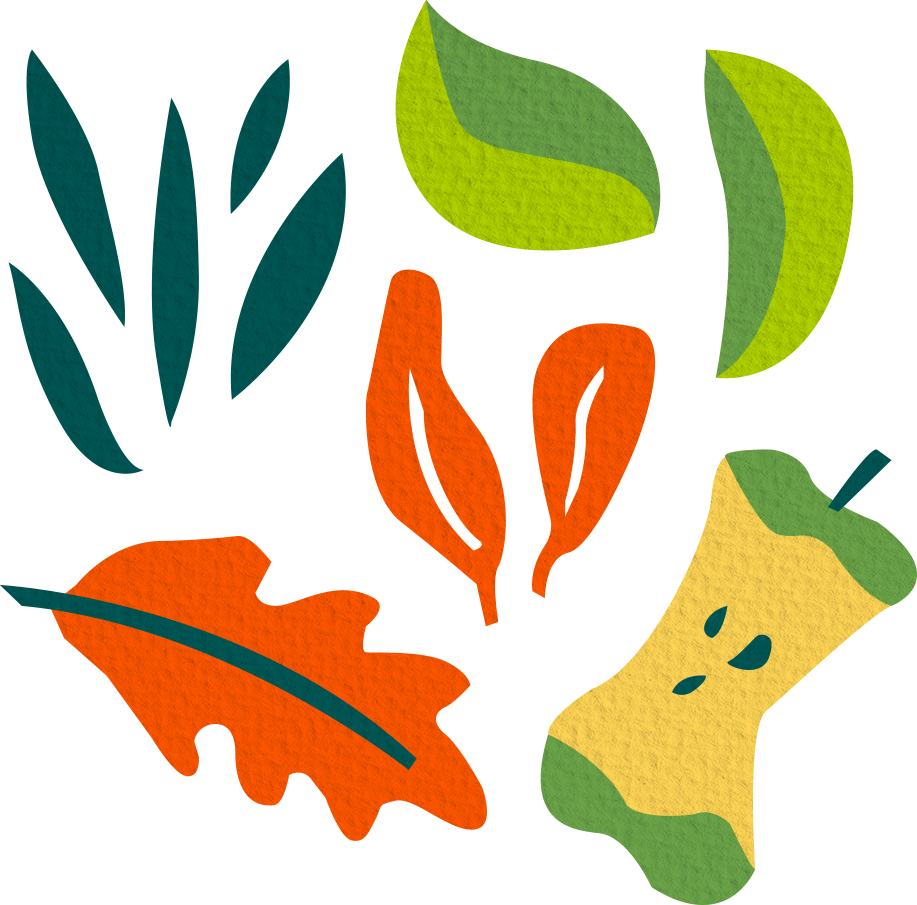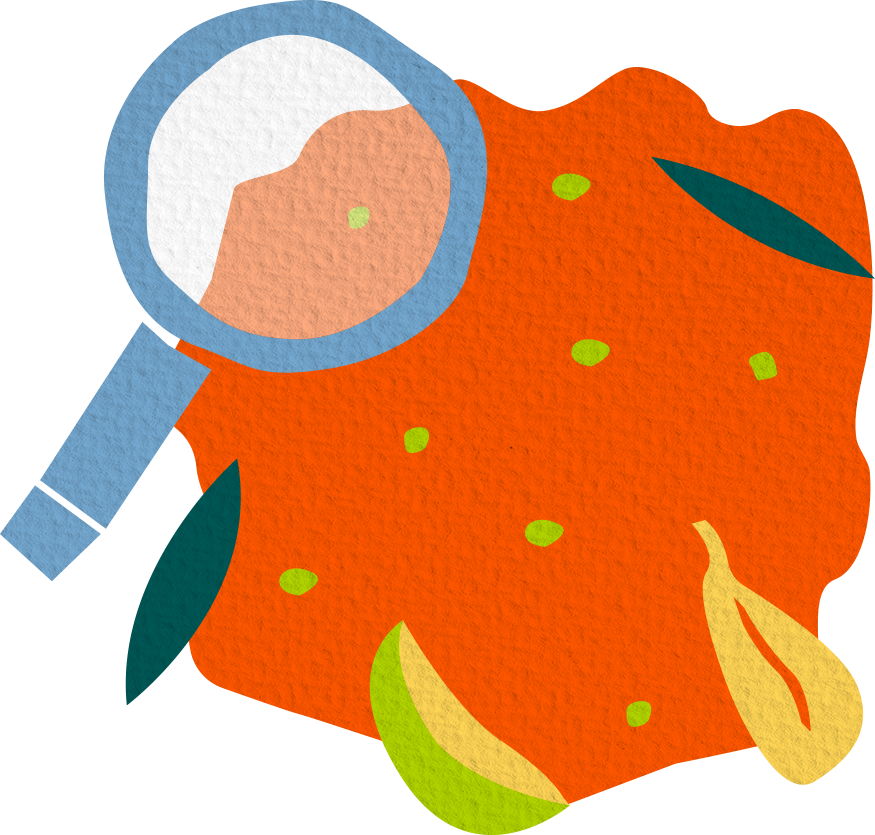Composting
Composting is a smart way to cut costs.
By keeping food and yard waste out of the garbage, you can reduce collection fees and save on disposal costs. It’s a simple way to save money and help the environment.
Be a climate hero!
Keep curbside bins clean
Call before you haul
- Find out what organic collection options are available to you.
- Reach out to your city or county for compost guidelines.
- When in doubt, throw it out!
Contamination costs
- Only certain things should be composted
- Plastics and chemicals can harm compost and people who make it.
- Composters pay to have things sorted and cleaned, or they decide to put it all in the landfill.
Use the right bin
These items do not belong in compost:
- Glass, metal, plastic
- Food stickers
- Foam cups and containers
- Diapers
- Pet waste
- Fats, oils, and grease
How to compost at home

Start local
Check your city or county solid waste program's rules before purchasing bins.

Choose your method
Worms, bins, or piles. Do what works best for you.

Create a balanced diet
Bacteria thrive on a mix of green and brown waste. Check out Ecology's User’s Guide to Compost.
For a deeper dive into compost check out Washington State University Resources.


